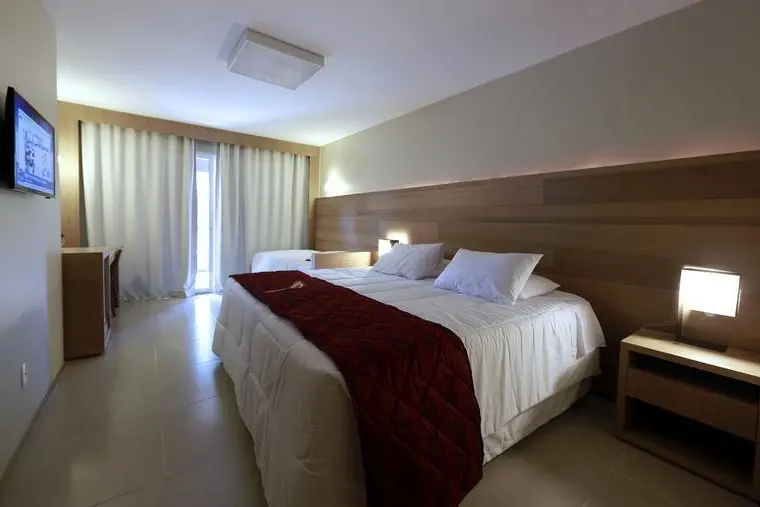PHOTO
Tuesday, Oct 06, 2015
Dubai: Hotels around the world are looking to cash in on the growing number of Muslim travellers by becoming fully halal (Sharia-compliant), or offering some halal products and services, according to an industry expert.
“Hotels everywhere in the world [are becoming halal]. They see the potential of the Muslim market,” said Riyanto Sofyan, chairman of Sofyan Hotels in Indonesia, at the Global Islamic Economy Summit 2015 in Dubai on Tuesday.
The number of Muslim tourists worldwide is expected to increase from 108 million in 2014 to 150 million by 2020, when the Islamic tourism market share is projected to reach 11 per cent and expenditures grow to $200 billion, according to a report from the Dubai Chamber of Commerce and Industry published last month.
“The Muslim tourists travelling to Japan have been increasing by about 40-50 per cent per year for the last three years,” Sofyan said.
Generally, halal hotels offer halal-certified food and beverages and feature prayer rooms, segregated facilities such as swimming pools and gymnasiums, and are alcohol-free, he explained. They are not just popular with Muslims, but also non-Muslims, especially families with young children, he added.
Sofyan Hotels started converting its conventional hotels to halal ones over a decade ago to meet strong demand for such properties in the country and boost its revenues, he said, adding that the company’s shareholders “wanted to have a halal income.”
“When we closed the nightclub [at one of its properties] in 1998, the revenue grew by around 20 per cent the following year,” he added.
Like Sofyan Hotel, some hotels in Japan have become halal, such as Hotel Granvia Kyoto, which has a Japanese restaurant serving halal food, Sofyan said. Also, Sakura Hotel Hatagaya in Tokyo has Muslim staff and offers halal food and a prayer room, according to its website.
Tourism authorities in the region are also targeting Muslim travellers.
Abu Dhabi, which is already a popular holiday destination for Muslims in the Gulf, aims to attract more Muslim tourists from western countries, according to Hourya Laarabi, experience development professional at the Abu Dhabi Tourism and Culture Authority (TCA Abu Dhabi).
“We are working on a strategy for this market. We have created a logo and have created two different names for this market: one we call halal tourism and the other family-friendly … when we are talking to the Arab markets, we felt that we didn’t need to use the word ‘halal’ because they understand that we are a halal destination by default. But when we are talking to western markets, such as Europe and the US, we felt that this word [halal] is what attracts them,” she said.
TCA also plans to launch a section on its website for halal tourism, she said. Sofyan pointed out that there are no global standards for halal hotels. “Malaysia has its own standards and Indonesia has its own standards, so why not have global standards? The perception [of what is considered a halal hotel] is different. If you have global standards, it’s easier for the guests. They will know what to expect and they will not complain,” he added.
By Sarah Algethami Staff Reporter
Gulf News 2015. All rights reserved.





















